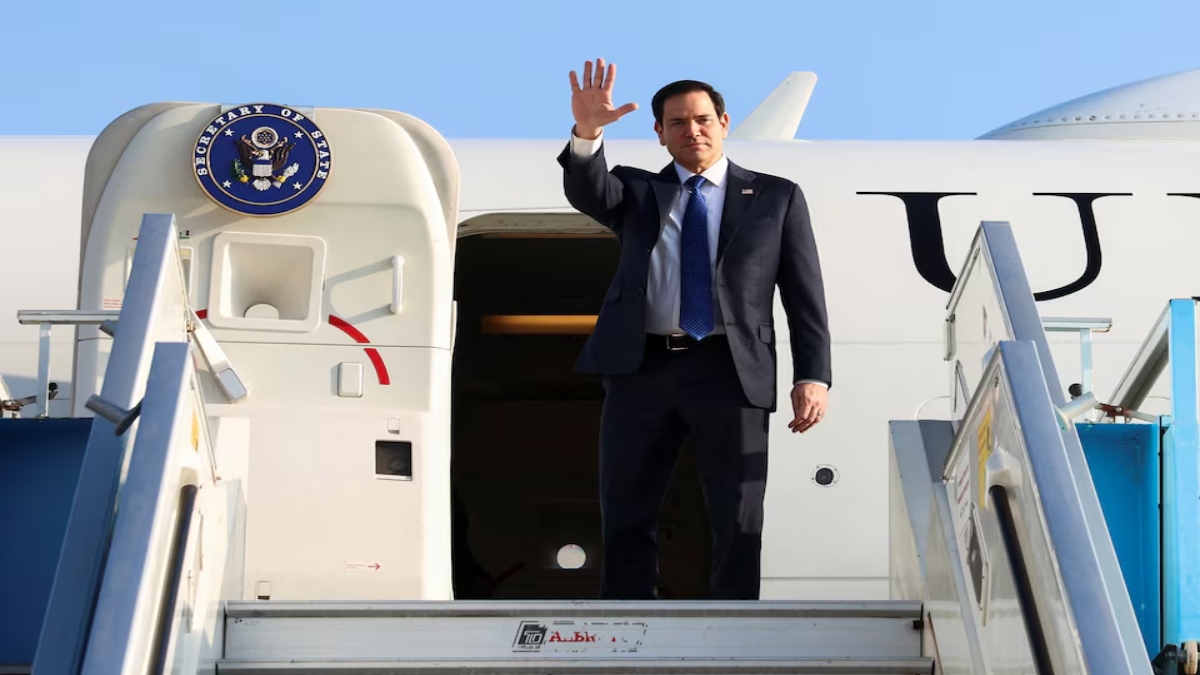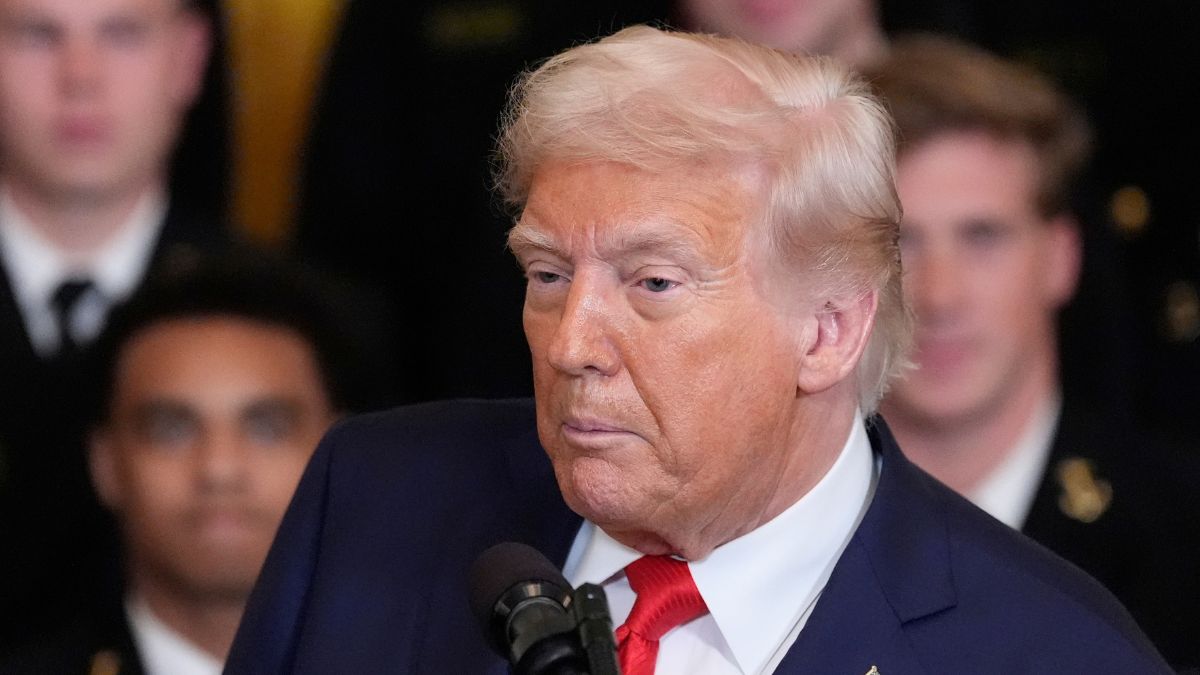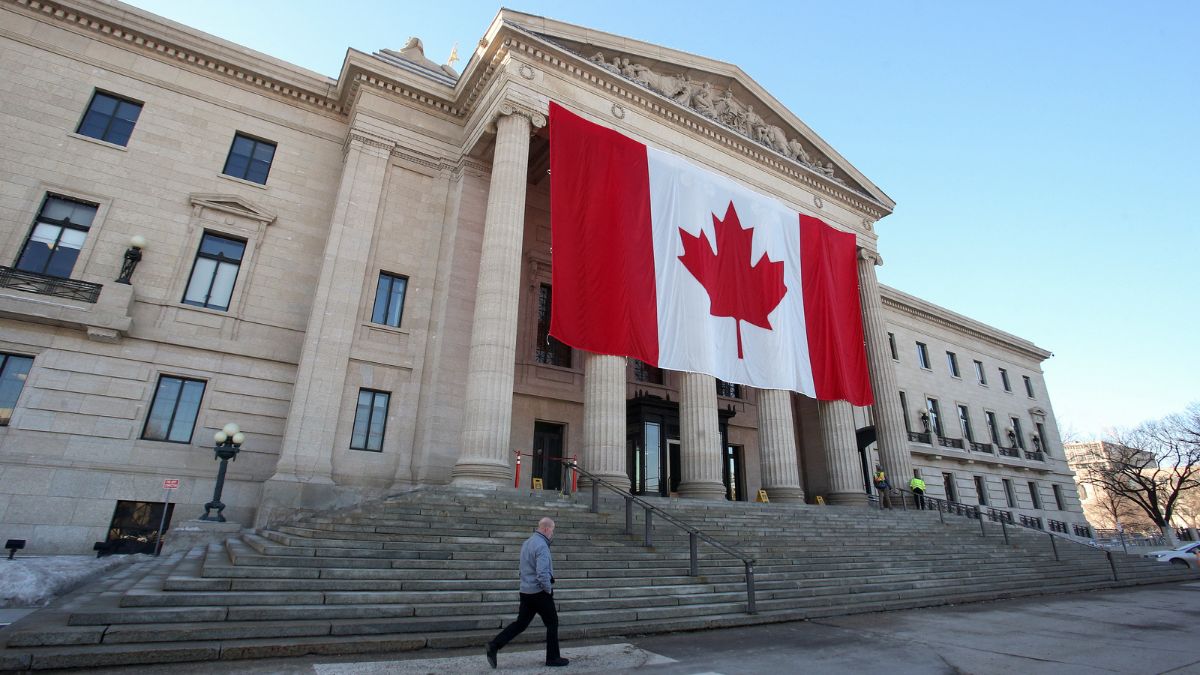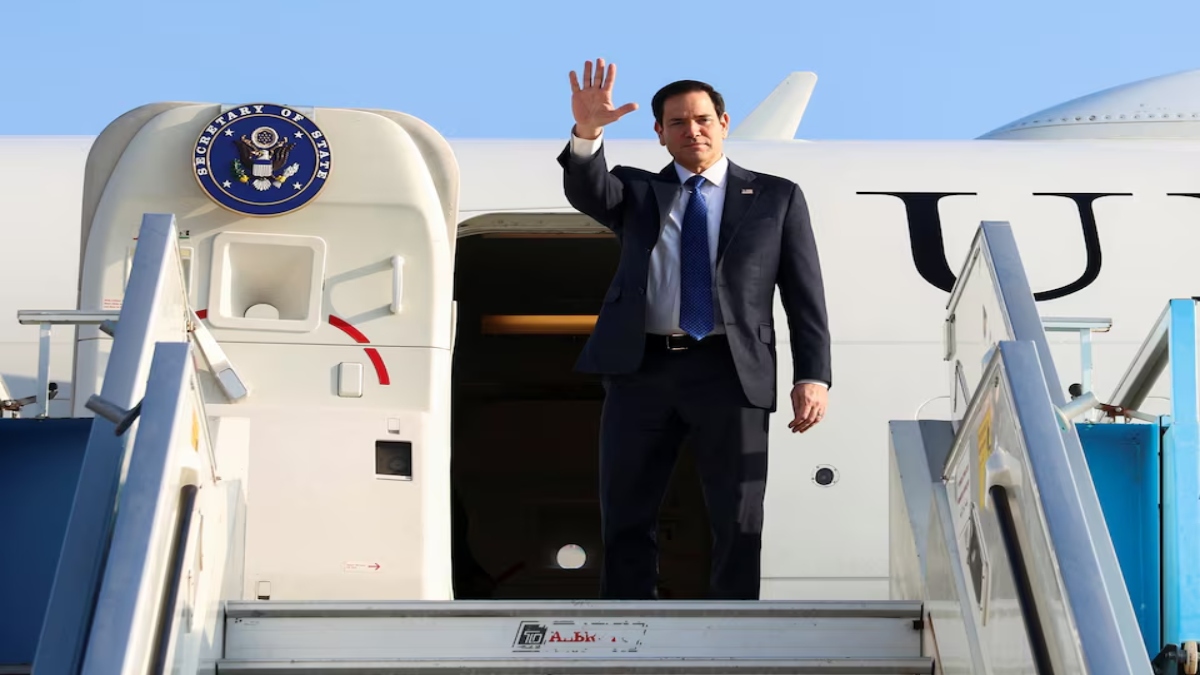Ukraine’s public presentation of two Chinese nationals captured while fighting for Russia has turned a lot of heads — not only for what it revealed about Moscow’s growing dependence on foreign fighters but also for how Kyiv leveraged the moment to put a spotlight on concerns about Beijing’s role in the war.
The move, while controversial under international humanitarian law, offered a rare glimpse into how foreign nationals are being drawn into the battlefield under Russia’s banner — and why.
First Chinese fighters captured in the Russia-Ukraine war
The two men, Wang Guangjun and Zhang Renbo, were apprehended by Ukrainian forces in the eastern Donetsk region. Both were dressed in Russian military fatigues when they were captured after only a few days on the front lines.
Speaking to reporters at a press conference in Kyiv on April 14, the Chinese nationals described their brief yet harrowing experience, from their recruitment and journey to Russia to the confusion and danger they faced in combat.
Their detention marks the first known instance of Chinese nationals being captured as combatants fighting for Russia on Ukrainian soil.
Ukrainian President Volodymyr Zelenskyy publicly announced their capture earlier in April, adding that Ukraine had intelligence suggesting “several hundred” Chinese citizens may be participating in the war on Russia’s side.
Our military has captured two Chinese citizens who were fighting as part of the Russian army. This happened on Ukrainian territory—in the Donetsk region. Identification documents, bank cards, and personal data were found in their possession.
— Volodymyr Zelenskyy / Володимир Зеленський (@ZelenskyyUa) April 8, 2025
We have information suggesting that… pic.twitter.com/ekBr6hCkQL
The decision to bring the two men before the press — flanked by Ukrainian security personnel and accompanied by a translator — has prompted scrutiny under the Geneva Conventions, which prohibit exposing prisoners of war to “insult and public curiosity.”
How Wang and Zhang came to be involved
Both Wang and Zhang insisted during the press conference that their participation in the conflict was voluntary and not part of any Chinese government initiative.
They said they had come across recruitment materials on TikTok and other Chinese social media platforms that promised high salaries and benefits for those willing to enlist with the Russian military.
Wang explained that after losing his job during the COVID-19 pandemic, he stumbled upon a recruitment video promoting military service in Russia. “I was in China, flipping through TikTok, when I saw an advertisement to join the Russian army,” he said.
The videos — which appear to have been initially made for Russian audiences before being re-shared with Chinese subtitles — highlighted payments ranging from 200,000 to 250,000 roubles per month (roughly $2,000 to $3,000), a significant sum compared to average wages in China.
The subtitles also put a spotlight on male identity and strength, saying in Russian: “You’re a man, be a man.”
Zhang, a former firefighter and rescuer, recounted a similar trajectory. Initially offered work in construction, he said he ended up being channelled into military service after arriving in Russia. “I wanted to make money, but I did not expect to end up in the war,” he said.
Wang, who had experience in medical rehabilitation, claimed he had hoped to apply that skill in a non-combat capacity but was instead forced into weapons training.
“The documents were all in Russian,” he said, adding that he was unable to understand the terms of his service contract. Communication during training and combat was conducted largely through hand signals.
Life inside the Russian ranks
The two men offered stark accounts of their time under Russian command. According to Wang, his phone and bank card were taken away after enlistment, leaving him without access to his own money.
He said he was stationed at a camp in Kazan alongside other foreign nationals, including individuals from Central Asia, Ghana and Iraq.
Conditions were harsh, and desertion was not an option. “The control at the training ground was very tight,” Wang said.
He recalled a moment on the battlefield when a Russian commander ordered an attack using only vague gestures and the repeated phrase “da, da, da” — Russian for “yes, yes, yes.”
Wang said he couldn’t identify any target and mistakenly believed the order was a joke. He tried to hide, only to find himself caught in a chaotic firefight involving Russian grenades and Ukrainian drones.
Zhang, meanwhile, said he had not seen any Ukrainian soldiers before his capture, and both said they had spent only three days at the front before surrendering.
Capture, chemical exposure and treatment in Ukraine
Wang recounted the dramatic events surrounding his capture. Following a Russian assault, he found himself taking shelter in a dugout with a Ukrainian soldier.
During the chaos, Wang claimed he was exposed to what he described as a “spray gas” or chemical weapon. “I was losing my strength and fainting,” he said. “Then I felt someone grabbing my collar and pulling me out into the fresh air.”
He credited the Ukrainian soldier for helping save his life. “Ukrainian soldiers protected us and have been treating us well this whole time,” he told the press.
While it is difficult to verify all aspects of their statements independently — especially as they were made under Ukrainian custody — the testimonies provided a window into how foreign recruits are being lured into Russia’s war under misleading pretences and limited transparency.
How Russia is growing reliant on foreign fighters
The capture of Wang and Zhang highlights the increasing use of foreign recruits by Moscow in its ongoing campaign against Ukraine. A source within Ukraine’s Defense Intelligence told CNN that Russia has become heavily reliant on non-Russian personnel to sustain its front lines, as the war has shifted into a prolonged conflict of attrition.
“It is unable to maintain the long front line with its own soldiers alone and is taking every opportunity to recruit whoever it can,” the source said.
According to Ukrainian intelligence, foreign combatants in Russian ranks include nationals from Sri Lanka, Nepal, Somalia, the Republic of Congo, Sierra Leone, Egypt, Syria, and several former Soviet republics.
Earlier this year, Ukraine also captured two North Korean soldiers, believed to be part of a broader deployment of around 12,000 North Korean troops to assist Russian operations, particularly in Kursk Oblast.
CNN reviewed a Russian military contract — provided by Ukrainian intelligence and signed by another Chinese national — which outlines a one-year commitment to combat, mobilisation duties, and emergency operations, including participating in efforts “to restore international peace and security” and suppress “international terrorist activity” beyond Russian borders.
Wang and Zhang deny Beijing’s involvement
Both Wang and Zhang maintained that their actions were independent and unauthorised by the Chinese government.
They referenced government-issued warnings that Chinese citizens should not travel to active war zones, and Zhang acknowledged that those who fight in foreign conflicts could face legal consequences under Chinese law.
“I understand that there may be punishment, and I am ready for it. But I still want to return home and to my family,” Zhang said.
Wang added, “Real war is completely different from what we have seen in movies and on TV. I regret one thing — I want to apologise to my parents. And my only wish is to go back (to China) and follow all the instructions that will help me do that.”
Both men also urged other Chinese citizens to avoid enlisting with Russia, warning that the expectations painted by recruitment ads do not match the reality on the ground.
“For those (Chinese) citizens who want to take part in the war, we want to say that they should not do so,” Wang said.
“Since everything we heard from the Russians was a lie. It turned out that Russia is not that strong, and Ukraine is not that weak. That’s why it’s better not to participate in wars at all.”
Why Kyiv chose to parade the Chinese nationals
Ukraine’s decision to showcase the captured Chinese fighters comes at a time when it is trying to draw renewed international attention to Russia’s conduct and the broader geopolitical context of the war.
Although Kyiv has previously held press briefings featuring foreign POWs from other regions — including Nepal and several African nations — the decision to spotlight Chinese nationals marks a calculated step.
Some analysts believe the timing reflects Kyiv’s desire to engage the United States, where President Donald Trump’s administration has struggled to broker a meaningful ceasefire with Russia.
The Biden-era focus on China as a primary strategic rival continues under Trump, and Beijing has faced mounting scrutiny from Washington over its support for Russia’s wartime economy, including its status as a leading supplier of dual-use goods relevant to weapons production.
Zelenskyy was asked whether Beijing’s involvement in the war extended beyond unofficial channels. “I don’t have an answer to this question yet. The Security Service of Ukraine will work on it,” he said, before adding, “We are not saying that someone gave any command, we do not have such information.”
We continue to investigate all the circumstances surrounding the involvement of Chinese citizens in the Russian occupation forces.
— Volodymyr Zelenskyy / Володимир Зеленський (@ZelenskyyUa) April 10, 2025
The Security Service of Ukraine is carrying out the necessary procedural actions with the POWs recently captured in the Donetsk region. At the same… pic.twitter.com/beLlin1Qut
However, he also noted, “We believe that Beijing is aware.”
China’s foreign ministry has pushed back against such suggestions. Foreign ministry spokesman Lin Jian responded, “We urge the relevant parties concerned to correctly and soberly understand the role of China and to not release irresponsible remarks,” without specifically naming Ukraine or the individuals involved.
Observers like Anders Puck Nielsen of the Royal Danish Defence College suggest that Ukraine may also be targeting European sentiment, particularly as the European Union explores closer cooperation with China on trade and other global issues.
“It has clearly been a political move to really emphasise this aspect (of Chinese fighters in the Russian army),” Nielsen told CNN.
With inputs from agencies


)
)
)
)
)
)
)
)
)